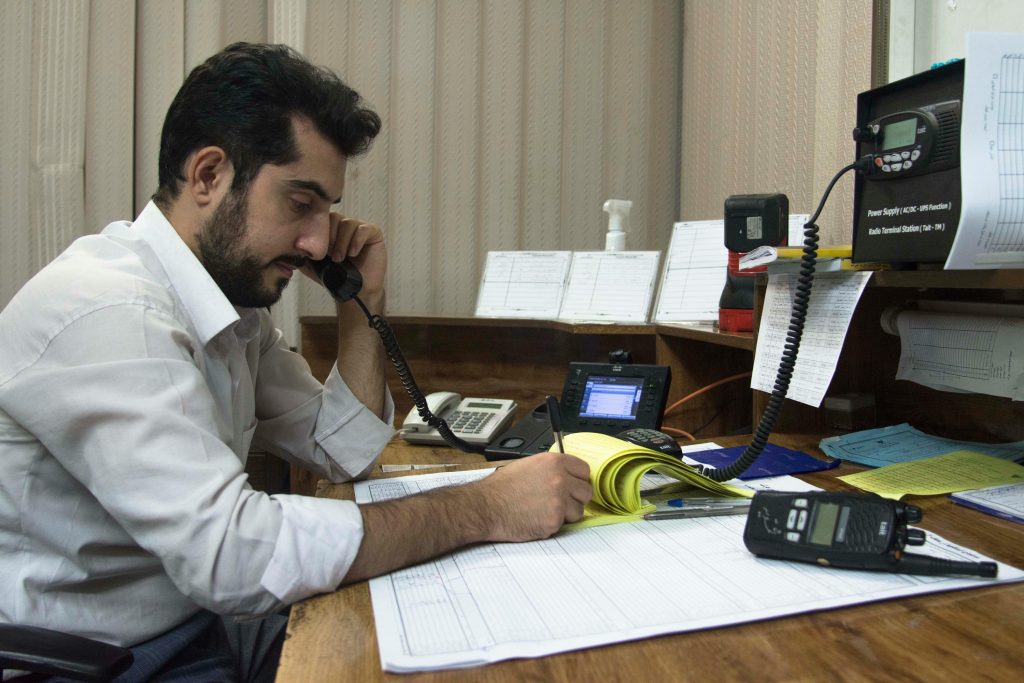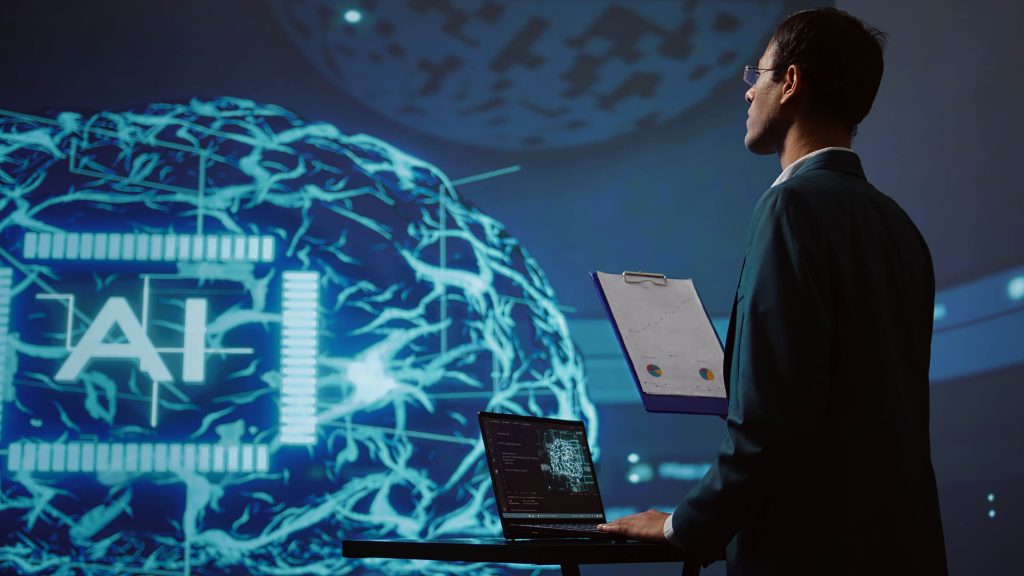
Customer communication has entered a new era. In today’s service-driven world, people expect businesses to be available instantly, respond 24/7, and provide experiences that feel personalised and professional. For decades, traditional receptionists and call centers handled this responsibility. But now, service businesses are turning to a smarter solution: the AI receptionist.
AI receptionists are not just replacing outdated systems, they’re transforming the way service businesses connect with customers. This article explores how they’re redefining the role of receptionists, why service industries are moving beyond traditional models, and how adopting AI can future-proof your business.
How AI Is Redefining the Role of Receptionists
The role of a receptionist has always been vital: answering calls, greeting clients, scheduling appointments, and ensuring smooth customer interactions. But in a world where customers expect immediate responses and round-the-clock availability, the traditional receptionist model is under pressure.
AI is reshaping this role by expanding what’s possible:
- Always available → No missed calls or after-hours voicemails.
- Seamlessly integrated → Connects with calendars, CRMs, and scheduling systems to automate workflows.
- Brand-consistent communication → AI can be trained to match your tone, greetings, and style.
- Personalised service at scale → AI remembers preferences and tailors conversations, even across hundreds of interactions.
Rather than replacing human receptionists, AI elevates the function into something far more powerful, ensuring that every customer feels heard and supported while allowing human staff to focus on higher-value interactions.
Benefits of AI Receptionists for Service Businesses
Adopting an AI receptionist delivers clear advantages across industries:
- 24/7 coverage: Never miss a call, even after hours or on weekends.
- Lower costs: Predictable monthly pricing without the overhead of full-time staff.
- Scalability: Handle spikes in demand without scrambling to hire or train.
- Lead capture & conversion: Qualify leads in real time and book appointments instantly.
- Consistency: Every caller receives the same professional, brand-aligned experience.
- Integrated workflows: Syncs with your CRM, calendar, and communication tools for smooth automation.
For small and medium-sized service businesses, these benefits translate directly into more leads, happier customers, and lower operating costs.
Industry Use Cases: How AI Receptionists Are Transforming Service Industries
AI receptionists are not just theoretical, they’re already proving value across a wide range of service industries:
- Real Estate → Schedule property showings, qualify buyer and seller leads, and follow up with prospects.
- Dental & Medical Clinics → Book appointments, send reminders, and reduce no-shows.
- HVAC & Trades → Capture emergency calls, schedule technicians, and ensure urgent jobs are never missed.
- Hospitality & Restaurants → Manage reservations, answer FAQs, and streamline guest communication.
- Property Management → Handle tenant inquiries, schedule maintenance requests, and provide 24/7 support.
These industries thrive on responsiveness. AI ensures no opportunity is lost to a missed call or slow response.
Overcoming Common Concerns About AI Receptionists
Some business owners hesitate, unsure how customers will respond to AI or whether it can handle complex scenarios. Let’s address a few of the most common concerns:
- “Will customers know it’s AI?”
Modern AI uses conversational language that feels natural. In many cases, callers can’t tell the difference. - “What about complicated or sensitive issues?”
AI receptionists can transfer calls to a human team member whenever escalation is needed. - “Is data secure?”
Leading AI solutions follow strict encryption and compliance standards, ensuring sensitive customer information is protected.
Far from harming customer relationships, AI receptionists build trust by ensuring customers are always answered quickly and professionally.
The Future of AI in Customer Communication
AI is only getting smarter. The next wave of AI receptionists will bring even greater capabilities, including:
- Multi-language support to serve diverse communities.
- Omnichannel integration that unifies voice, text, chat, and email into seamless workflows.
- Predictive personalisation, anticipating customer needs based on history and context.
In the future, the most successful service businesses will adopt a hybrid model: AI handling high-volume, repetitive interactions while humans focus on strategic, nuanced, or emotional customer needs. Early adopters will enjoy the competitive advantage of lower costs, happier customers, and faster growth.
How to Get Started with an AI Receptionist
If you’re considering making the switch, here’s how to begin:
- Evaluate your needs: How many calls do you miss? When are peak times? What types of interactions are most common?
- Choose the right provider: Look for solutions that offer customisation, CRM/calendar integration, and smooth human handoff.
- Plan your onboarding: Most AI receptionists can be set up in days, not months.
- Optimise and scale: Start small, refine your AI’s scripts and workflows, and expand across more functions as you go.
Solutions like HiThere AI make it easy for service businesses to implement AI reception without complexity often delivering ROI within weeks.
The way service businesses communicate with customers is changing rapidly. Traditional reception models can’t keep up with rising expectations for speed, availability, and personalisation. AI receptionists offer a scalable, cost-effective, and future-ready solution that ensures no customer is left waiting.
The future of customer communication is here and for service industries, adopting AI receptionists today means staying competitive tomorrow.



